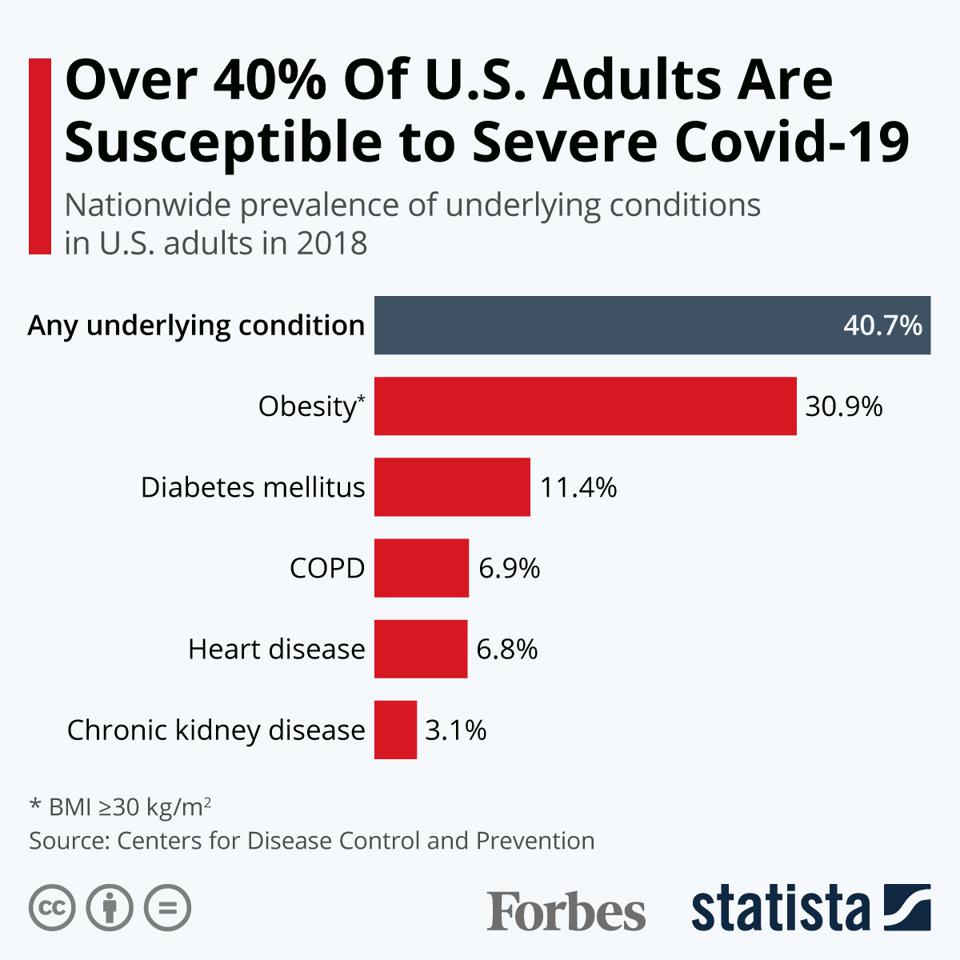
DASH is a popular, low sodium diet that's designed to help people lose weight. This plan promotes whole grains, vegetables, fruits, nuts, seeds, and lean protein in your diet. You can eat as many as or as few calories depending on your level of sodium. There are many levels of this diet. One light version allows you to have desserts and ice cream.
Unlike many other weight loss plans, the DASH diet is not hard to follow. It allows you to enjoy all your favorite foods but makes minor changes. You can substitute white rice for brown rice, eat more vegetables and replace butter by unsaturated fats. The DASH diet encourages you to reduce the consumption of fatty foods, and instead eat healthy, high-fiber foods. Before you start the DASH diet, consult a registered dietitian.

DASH diet is good for heart health and can also lower blood pressure in those with metabolic syndrome. This condition is characterised by obesity, type 2, diabetes, and an increase risk of developing cardiovascular disease. In a study conducted in 2013, the DASH diet reduced systolic and diastolic blood pressure in patients with and without metabolic syndrome. According to the results, people who followed DASH had a drop in systolic and diastolic blood pressures of 4.9 and 1.9mm Hg respectively. Moreover, those without metabolic syndrome experienced a drop of 2.9 mHg.
The Mediterranean diet is another diet that has heart health benefits. This diet includes fruits and vegetables as well olive oil, nuts and lean meat. It includes vegetables, whole grains, and low-fat dairy products. DASH does not follow the Mediterranean's guidelines for nutrition and sodium. DASH diet can be beneficial to those with normal blood pressure. However it can be difficult for some to follow. The Mediterranean diet is a healthier option for weight loss. It is a wellness-based diet that promotes health and vitality.
DASH diet not only lowers blood pressure but also has other benefits. The DASH diet encourages the consumption of more fruits, vegetables, and other healthy foods. Combining the DASH diet with exercise can lead to better overall health. The DASH diet can help people lose weight and prevent heart disease. If you have diabetes, you might be able to exercise without any medication. DASH approved workouts will keep you in good shape.

If you're looking for a quick way to lose weight, the DASH Diet is a great option. DASH diets include a variety good protein sources, such as lean poultry, fish, meat and poultry. It encourages people who eat a DASH diet to decrease the amount of sugar and saturated fatty acids in their meals. DASH is a diet that will help you lose weight. It will also give you more energy and make your body slimmer. This is a great diet plan for anyone who wants to lose weight or improve their overall health.
FAQ
Which workout is best to build muscle?
When you are building muscle mass, there are two main exercises you need to do. These are the isolation exercises as well as compound movements. While isolating exercises target specific muscles, compound movements are designed to focus on multiple muscle groups at once.
It is important to do exercises that work all of your major muscles groups. This will ensure that you work hard every session.
MyFitnessPal is an app that allows you to track your activities. It allows you log everything, including calories burned and weight lifted. It also allows you to create meal plans customized for your goals.
What's a good workout routine for daily?
Regular exercise is key for staying in shape. It doesn't matter which type of fitness you choose, as long as it is done regularly. The key thing is consistency. If you want to achieve results, you must stick at it for an extended period.
Begin by starting to do a little bit of physical activity each day (like walking). Gradually increase your exercise time until you are able to spend 30 minutes per day. This could include running, cycling, swimming, weight training, yoga, or aerobics classes.
Try to get active every day. If you have a valid reason to skip a session, it is best not to.
Wear appropriate clothing and footwear when exercising outdoors. Also, consider weather conditions and how they might affect your ability or safety while exercising.
While exercising, make sure to drink plenty water. It is best to avoid alcohol while you're exercising. Avoid caffeinated drinks, such as coffee, tea and cola. They can give you energy, but will also dehydrate.
When you first start exercising, you might feel tired after completing your workouts. If you stick with your training program, you'll feel more awake and alert.
How many calories should you consume each day?
This varies from person to person. On average, between 2000 and 2500 calories a day. It is important to consider your lifestyle and determine how many calories you'll need.
Which dietary supplement can help you lose weight?
Losing weight requires both diet and exercise. However, some people find that certain supplements help them along the way.
Research suggests that omega-3 fats may aid in weight loss. Omega-3 fatty acid is an essential fat that is important for brain function as well as cell membrane integrity. These fats are found in seafood such as salmon, tuna and shrimp.
Research suggests that green tea may be beneficial in weight loss. Green tea contains catechins. These antioxidants may be able to increase metabolic rate and encourage weightloss.
Statistics
- 10 pounds in a month is likely during a lean bulking phase, especially for beginners. (muscleandstrength.com)
- Cardmembers earn 5% Back at Amazon.com with a Prime Credit Card. (amazon.com)
- An estimated calorie range for moderately active adult males falls between 2,200 to 2,800 calories per day, depending on age. (eatright.org)
- Candidates and applicants must pass all four tests at 70% (minimum level) to graduate from Basic Deputy U.S. Marshal (BDUSM) Training. (usmarshals.gov)
- Get free shipping and 25% off today. (healthline.com)
External Links
How To
How can I burn fat while exercising?
Exercise reduces calories by increasing metabolism, and oxygen consumption.
Exercise at a moderate intensity to safely lose weight.
These are some tips to help you lose fat while working out:
-
Cardio exercises include walking, running, swimming, cycling, running and jogging.
-
You can exercise for 30 mins three times per week.
-
You can lose weight by adding strength training to the routine.
-
Avoid intense training. You can build muscle without having to lose muscle tissue.
-
When exercising, make sure to drink lots of water. Water flushes out toxins, and keeps your body properly hydrated.
-
After exercising, consume low-fat protein smoothies. Protein shakes are great for your muscles and energy.
-
Take smaller meals throughout each day to avoid feeling hungry.
-
Don't skip breakfast! You can feel tired and slow if you skip breakfast.
-
Take care of your mental health. Stressful situations can slow metabolism.
-
Keep a positive attitude. Studies have shown that people who are convinced they are overweight gain more weight than those who feel they look attractive.
-
Get enough sleep. A lack of sleep makes it difficult to lose fat.
-
Active living is key. Keep moving every hour.
-
Maintain a healthy diet. Eating right keeps you feeling full and satisfied longer.
-
Relaxation is possible by finding ways to relax. An anxious mind won't allow your body release stress hormones, which can lead to the destruction of muscle tissue.
A balanced diet is one that includes all of the essential nutrients required for growth.
Eat six small meals each day instead of three large ones. This gives your body time and energy to process the food.
Calcium is required to support strong bones. Calcium can also be found in milk products, yogurt, fortified Soy beverages, orange Juice, cereals and bread.
Calcium is found in leafy green vegetables and beans, tofu as well as nuts, seeds, cheese, and seeds.
Your body needs vitamin D to absorb calcium. Vitamin D is found in eggs yolk, fatty fish and fortified foods.
Vitamin E is vital for your skin's health. Vitamin E is found in vegetable oils and wheat germ oil, as well as peanuts, almonds and sunflower seeds.
Your body requires zinc for normal immune function and wound healing. Zinc is found in seafood, oysters legumes meats, whole grains, whole grains and meats.
Zinc deficiency could cause fatigue, nausea, vomiting, and depression.
Consuming too much sugar can cause insulin resistance. This causes an increase in blood glucose levels. Insulin resistance is linked to weight gain.
When there is a high level of free radicals, insulin resistance can develop. Free radicals are molecules containing unpaired electrons which cause damage to cells membranes.
The most common sources of free radicals include food additives.
Free radical damage can lead to cancer, heart disease, diabetes, arthritis, asthma, and aging.
The best way to avoid free radicals is to eat a balanced diet high in antioxidants. Antioxidants protect against oxidative damage.
Vitamin C (found on citrus fruits), Beta carotene, found in carrots and sweet potatoes, spinach and broccoli, cantaloupe (found in tomatoes, mangoes and peppers), and Vitamin E (found nuts, olive oil and avocados).
Other antioxidant nutrients include selenium, copper, manganese, and zinc.
Selenium helps protect cells from oxidative damage caused by free radicals. Selenium may be found in Brazil nuts as well tuna, liver and kidneys. It can also be found on shrimp, cod, turkey, beef lamb, pork, chicken, and other foods.
Copper protects the brain and eyes as well as the lungs and red blood cells. Copper is found in shellfishes, poultry, meat, organ meats, and other foods.
Manganese forms an essential part of bone structure. Manganese can also be found in oatmeal, brown rice, spinach and bananas.
Zinc is necessary for average growth, reproduction, and wound healing. Zn is present in lean cuts of meat and white fish, as well as eggs.